입력2006.04.02 09:26
수정2006.04.02 09:29
[ Italy: Reports of a Recovery May Be Exaggerated? ]
The Italian government has declared the recovery is under way.
But the recent disastrous news from the industrial sector calls such optimism into question.
In mid-January,Prime Minister Silvio Berlusconi said the recovery had already begun.
The government is forecasting real gross domestic product will grow by 2.3% for 2002, after an estimated advance of 1.8% for 2001.
But the Organization for Economic Cooperation & Development projects only 1.2% growth, a lower figure echoed by private economists.
Certainly,the latest data are disappointing.
Industrial output plunged by 2.6% in November, the biggest drop in nine years.
Capital-goods makers cut their production by a steep 3.7%, in part because foreign demand for machinery and parts has sagged because of the global slowdown.
Businesses are more pessimistic about the outlook.
In November, the index of business confidence slipped back to 83, a 5 1/2-year low.
Consumers,meanwhile,are not as gloomy.
Confidence among Italian households was at a high 124 in November.
Labor-market reforms are improving the job situation.
The jobless rate reached a record low 9.2% in October.
Plus, lower fuel costs are also increasing household buying power.
Even so,real consumer spending is on track to remain flat in the fourth quarter.
And with business spending down,real GDP probably contracted by a 1% annual rate.
First-quarter real GDP could also fall by that amount,since foreign demand is still weak.
-----------------------------------------------------------------------------
[ 이탈리아 경기회복 전망은 과장됐을 수도 ]
이탈리아 정부는 경제회복이 진행중이라고 선언했다.
그러나 최근 산업부문에서 전해진 우울한 소식은 그같은 낙관론에 의문을 던지고 있다.
지난 1월 중순 실비오 베를루스코니 총리는 경제회복이 이미 시작됐다고 말했다.
정부는 2001년에 실질GDP(국내총생산)가 1.8% 늘어났다고 추정했으며 2002년에는 2.3% 증가할 것으로 예상하고 있다.
그러나 경제협력개발기구(OECD)는 이탈리아의 GDP증가율이 정부의 예상치보다 낮은 1.2%에 불과할 것으로 전망하고 있으며 민간 경제학자들도 이 수준에 머물 것으로 보고 있다.
확실히 최신 경제지표들은 기대에 못미치고 있다.
지난해 11월 산업생산은 2.6% 줄었다.
이는 지난 9년래 최대 감소폭이다.
세계 경기둔화로 인한 기계류및 부품에 대한 해외 수요부진 등으로 자본재 생산은 3.7% 급감했다.
기업들은 경기 전망에 대해 더욱 비관적이다.
11월 기업신뢰지수는 5년6개월만의 가장 낮은 83으로 미끄러졌다.
반면 소비자들은 기업가들만큼 비관적이지는 않다.
지난해 11월 이탈리아 가계의 신뢰지수는 높은 수준인 124를 기록했다.
노동시장의 개혁은 고용 환경을 개선시키고 있다.
지난해 10월 실업률은 기록적으로 낮은 수준인 9.2%로 떨어졌다.
더욱이 연료가격의 하락 또한 가정의 구매력을 향상시키고 있다.
그럼에도 불구하고 실질적인 소비지출은 지난해 4분기에도 계속해서 답보 상태에서 벗어나지 못했다.
소비지출은 증가하지 않은 상황에서 기업투자는 감소,지난해 4분기 실질 GDP는 연율로 1% 줄어든 것으로 추정되고 있다.
올해 1분기 실질 GDP도 여전히 부진한 해외수요탓에 전분기와 같은 폭으로 감소할 수 있다.

![[포토] 분열된 美대학…親이스라엘·親팔레스타인 시위대 격돌](https://img.hankyung.com/photo/202404/AA.36504166.3.jpg)

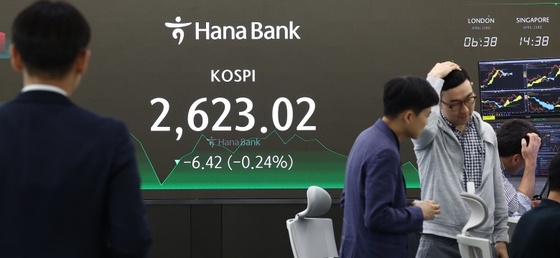

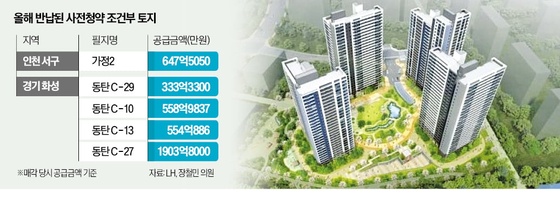
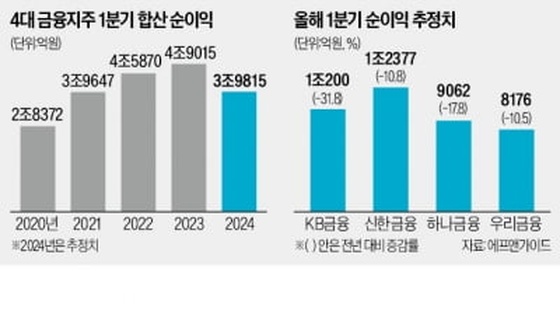
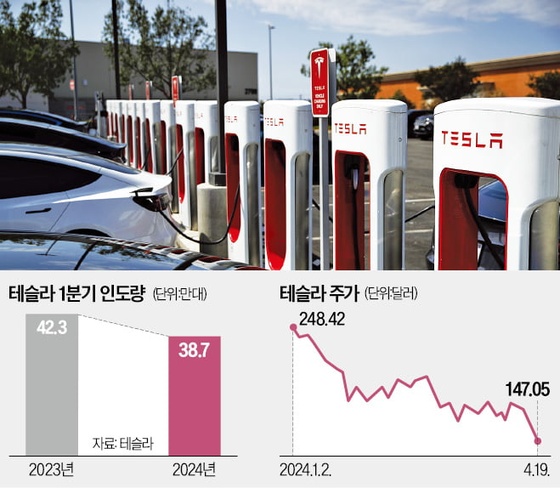

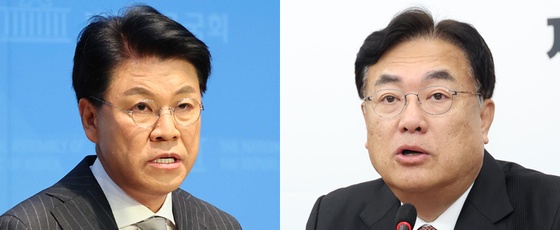
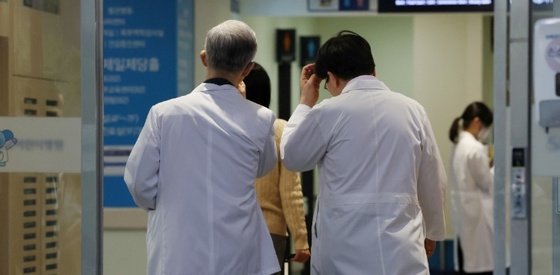

!['베니스의 장인들' 르네상스 조선소에 쿵쿵쿵 망치질! 클래스가 달랐던 토즈 전시 [2024 베네치아 비엔날레]](https://timg.hankyung.com/t/560x0/photo/202404/01.36496137.3.jpg)